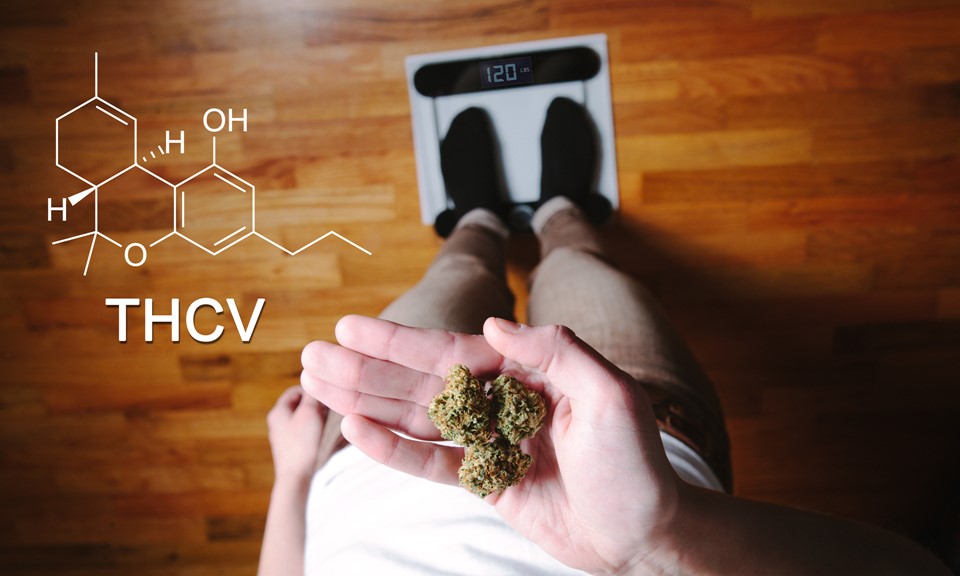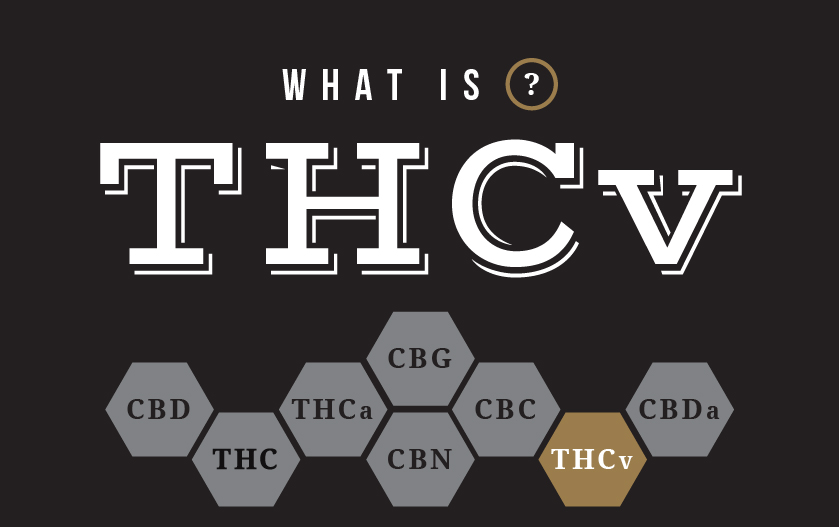Tetrahydrocannabivarin (THCV) is a cannabinoid compound found in cannabis and hemp plants. It's chemically comparable to tetrahydrocannabinol (THC) but with some essential distinctions. Here's whatever you require to learn about THCV consisting of the risks, advantages, differences, and similarities with other kinds of THC and more. What Is THCV? THCV is a less typical cannabinoid discovered in some pressures of cannabis, especially African sativa.
 What Is THCV and What Are the Benefits of This Cannabinoid?
What Is THCV and What Are the Benefits of This Cannabinoid?
 THCV - The Cannabinoid of the Month at Champlain Valley Dispensary
THCV - The Cannabinoid of the Month at Champlain Valley Dispensary
 THCV vs THC: What Are the Differences? Articles Analytical Cannabis
THCV vs THC: What Are the Differences? Articles Analytical Cannabis
THCV has a 3-carbon side chain instead of THC's 5-carbon side chain. This difference is subtle, however it has a visible influence on the result profile. THCV is somewhat psychedelic however just about and about. What Does THCV Seem like? THCV has a strong energy-boosting element to it, that makes it particularly popular among students and athletes.
In the United States, THCV regulation is nuanced. THCV is not an Arrange I Drug, however cannabis extracts are making it rather ambiguous what the federal position is on THCV. The 2018 Farm Costs specifies that hemp plants and all derivatives of the plants are legal on a federal level, many companies comply with this law and still provide THCV to clients by just drawing out the substance from hemp plants.
If THCV is considered a THC analog, it could be controlled in the future by the exact same guidelines as THC under the Federal Analog Act. This act states that any substance that shares a similar molecular profile as a recognized prohibited compound it's consisted of in the same drug Arrange classification.
What Are the Effects of THCV? Supporters of THCV report that it produces an extreme burst of energy and makes them feel euphoric without the mental cloudiness triggered by THC. The impacts are extremely moderate compared to THC. The effects are almost exclusively cognitive yet somehow have extremely little impact on headspace.
2. THCV & Hunger Some THCV users claim that it curbs their appetite. This is a typical effect of other focus-enhancing compounds also. It's as though THCV gets rid of the diversion of other physical procedures (like cravings) in order to maintain resources and attention to cognitive tasks instead. How Does THCV Work? Cannabinoids produce biological effects in the human body by engaging with endocannabinoid receptors.
CB1 receptors are situated in the nervous system and engage with neurotransmitters in the brain to produce mind-altering results. Interaction with CB1 websites is what offers some cannabinoids like THC their psychoactivity. THCV is a bit tricky to understand due to the fact that it's mainly a CB1 antagonist, suggesting it has the opposite impact as THC.
While researchers are still seeking to understand this process, it appears THCV has the ability to block the effects of CB1 in low dosages and promote them in high doses. CB2 receptors are discovered mainly in the immune system. THCV is a partial agonist of CB2, but the impacts of this partial activity aren't widely known, and it seemingly has no discernible effect on THCV users' experience.
As pointed out in the previous section, THCV is a CB1 villain in low dosages which is the exact opposite effect of delta 8 and delta 9 THC. This could mean that THCV counteracts a few of the psychedelic effects of THC. This impact could describe why individuals who use THCV feel so clear-headed particularly compared to the well-known "fogginess" induced by delta 9 THC.